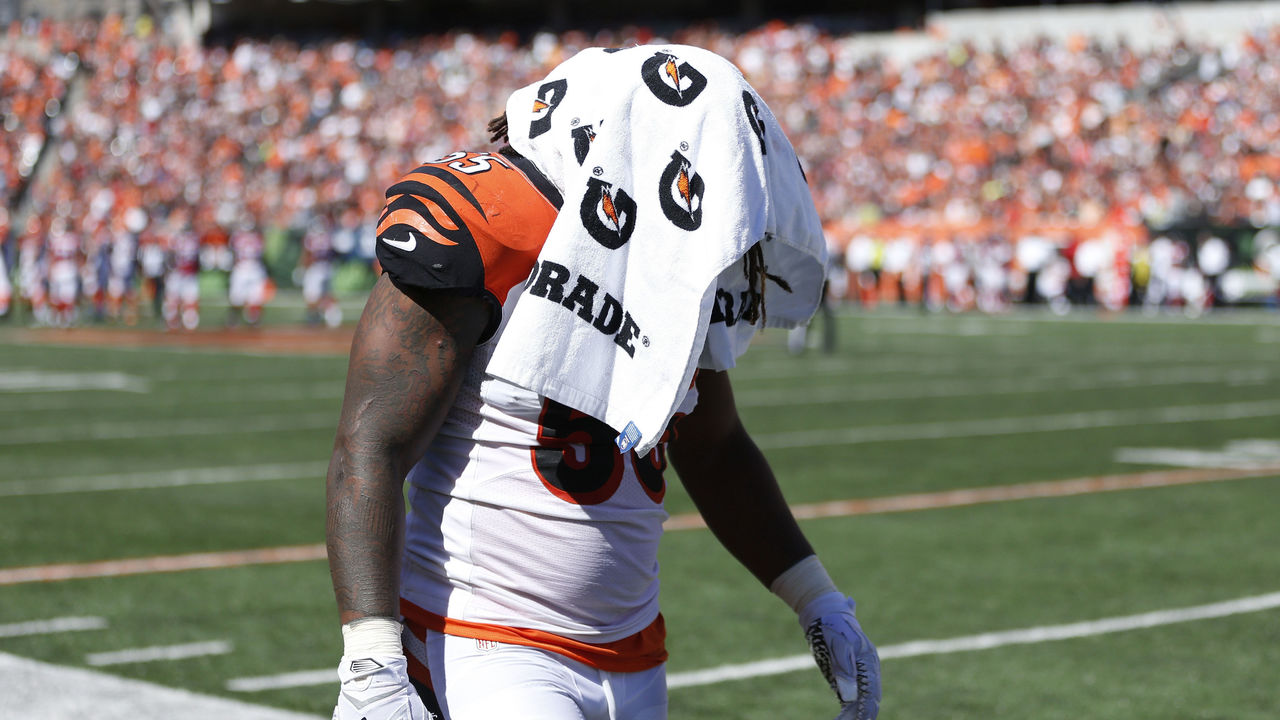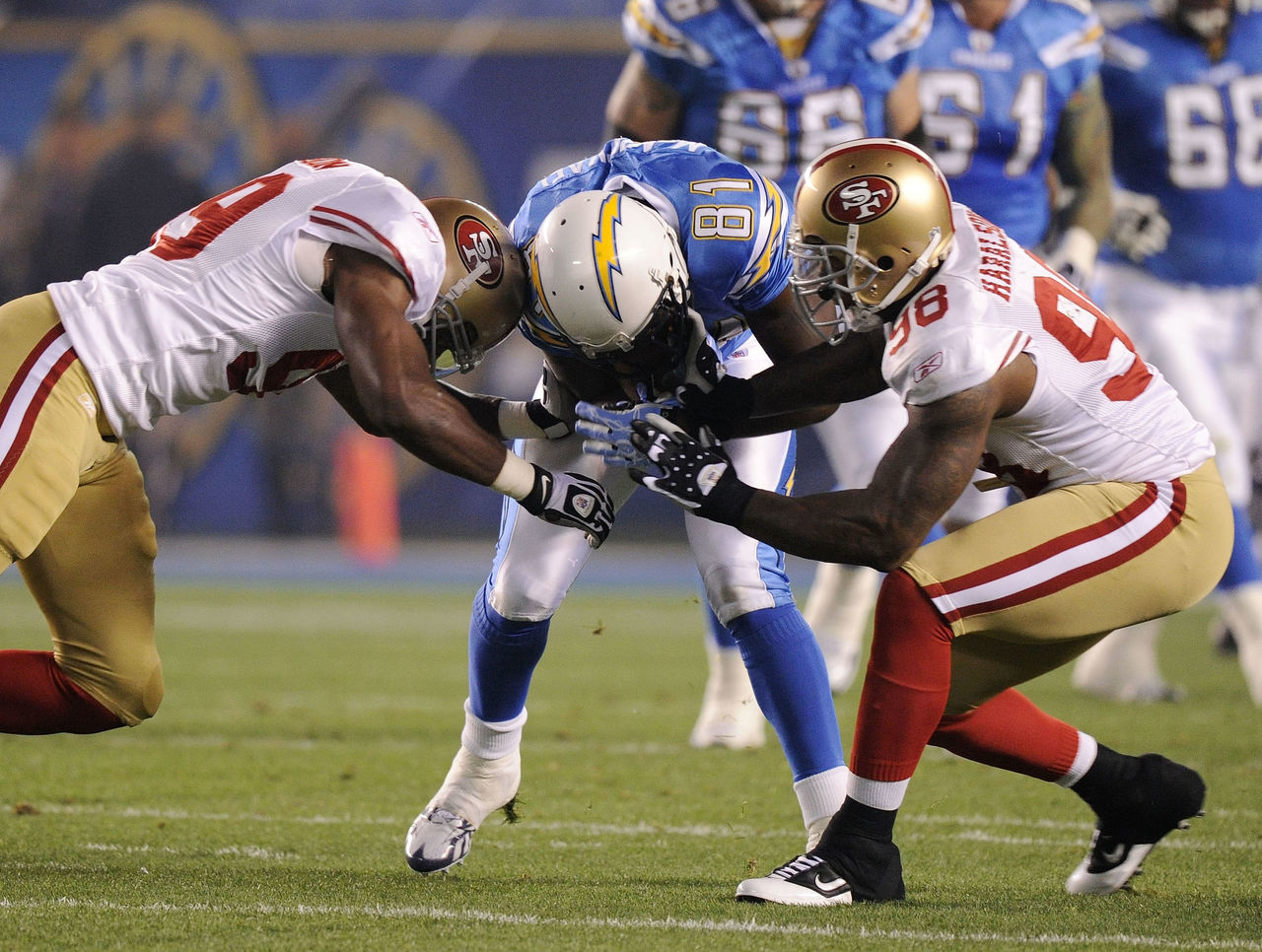3 things the NFL must do to prevent its own demise: Fix player safety
The NFL is the most popular sports league in North America, but its long-term viability is under severe threat from several angles. It's not too late for the league to prevent its own demise, but there's no time to waste. This series will explore why the NFL will die if it doesn't:
- Fix player safety
- Solve streaming
- Go global
No imminent threat to the NFL is more perilous than that of player safety. As the devastating effects of repeated head trauma are illuminated, the league risks betraying scores of current and former players in need of care, failing youths who will form its next generation of players, and alienating fans who can no longer stomach watching men permanently damage their brains for our entertainment.
The NFL must fix player safety once and for all
Is football without concussions still football? Surely it is. What about football without bone-crunching hits? Football without any hits?
These are the questions the NFL must ask itself, and it can't hide when the answers it finds are uncomfortable, unpopular, and antithetical to the league's profit-driven approach. Football has to change.
Despite the efforts the NFL has already taken to reduce head injuries - which have been convincingly shown to be capable of causing numerous debilitating health problems later in life - a major story of the latest offseason was how the league's biggest star hid a concussion.
Tom Brady's supermodel wife, Gisele Bundchen, revealed in an interview that Brady suffered a concussion in 2016, and that he's in fact suffered numerous concussions throughout his career. Brady did not appear on the Patriots' injury report with a concussion in 2016, nor has he ever.
Were it any other violation, NFL commissioner Roger Goodell might relish the chance to punish his old foes in New England once again, as he did for their highly disputed involvement in the Deflategate saga.
But Goodell dares not shed light on the issue of concussion reporting, lest he shine an enormous spotlight on the worst-kept secret in football: every player suffers concussions.

Better equipment can help, but the latest and greatest helmet can't change the fact that concussions are caused by the brain moving around inside the skull. Eliminating kick returns and ejecting players for any hit to the head - two rule changes that appear likely to pass in the next few years - won't be nearly enough.
The only way to remove head injuries from football is to remove big collisions. The only way to do that is by radically changing the rules.
Among the extreme changes proposed by fans, journalists, and former players are weight limits on players, eliminating the use of helmets (which are often used as weapons and may give players a false sense of safety), and eliminating tackling altogether in favor of touch or flag football rules.
Perhaps the best and most realistic proposal is making hits above the waist illegal, and forcing defenders to use rugby-style tackling, which emphasizes wrapping up the legs rather than knockout blows.
To do so would require retraining players from the ground up, as the current generation of stars and those on the cusp of the pros have developed their skills in a world where thunderous, turnover-causing hits are prized.

It won't be an easy process. The NFL must coordinate with youth and high school football organizations, as well as the NCAA, to ensure the next generation of football players are taught a different, far safer version of the sport.
It won't be popular, either. Fans are resistant to change and there are certainly those among the NFL's base who tune in primarily for violence. The new football won't be for them.
Big hits can be thrilling, but great catches are better. Great jukes and runs are better. Violence will never be completely eliminated from football, but brain-damaging plays mostly can be. They must be.
We still call it football, decades after kicks were rendered an afterthought and the forward pass rose to prominence. The sport will evolve and it will endure, and we'll still call it football long after damaging hits are rendered extinct.
(Photos courtesy: Getty Images)